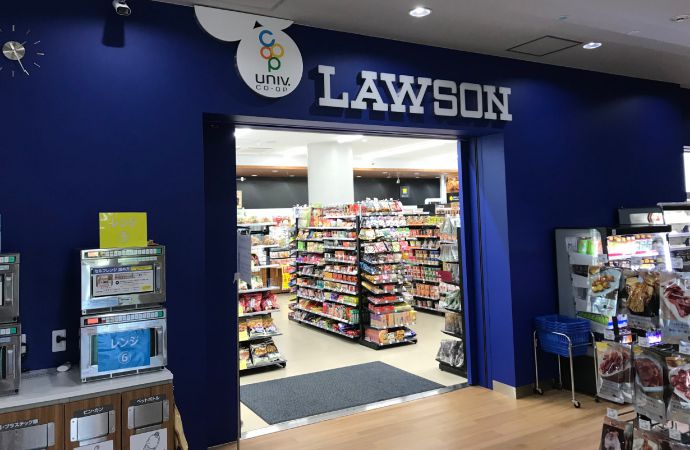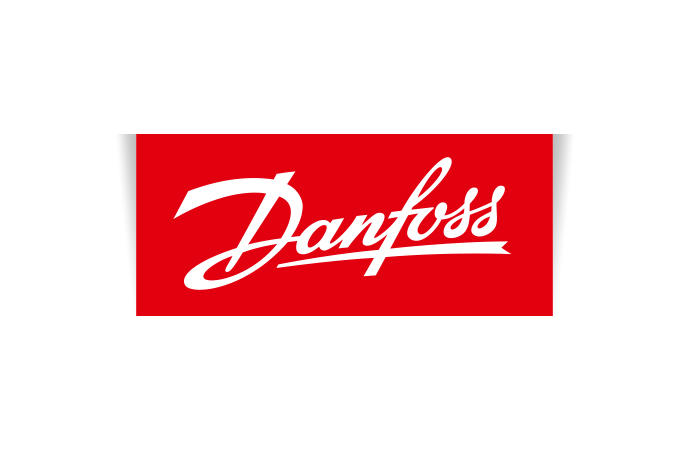Unilever will only continue to use HFCs in applications where no natural alternatives are yet available. This was reiterated at a webinar concerning the EU phase out of HCFC refrigerants, where the consumer brand highlighted its commitment to propane in low-temperature ice cream cabinets, which it seeks to also successfully roll out in the U.S. once legal barriers have been lifted.

When it comes to its retail operations, Unilever has chosen R290 (propane) as the natural refrigerant of choice to replace HFC in ice cream low temperature cabinets. Other measures, such as encouraging the company’s 3rd parties - transport operators, distributors and retailers - to use hydrocarbons, as well as a target to use ammonia at all their production sites entailing process refrigeration, complement the company’s commitment to minimising the use of HFCs. This was repeated by Rene Van Gerwen, Global lead engineer, Refrigeration and HVAC of Unilever, who outlined the company’s policy on refrigerants at a webinar concerning the EU phase out of HCFC refrigerants organised by 2degrees on 20 March.
After having phased out almost completely CFCs and HCFCs in all operations, Unilever now only accepts HFCs in cases where no natural alternatives are available, encouraging the use of HCs and ammonia in several local initiatives around the world. Actively promoting the use of hydrocarbons, Unilever has joined projects to develop solar-powered R290 cabinets.
Use of propane in ice cream cabinets
When it comes to its ice cream freezers, Unilever follows a strict company policy to only use propane. After thorough investigations, the company found R290 (propane) to be the best available alternative to replace HFCs in the low-temperature cabinets - equipment over which it retains ownership and therefore full control. The reasons for this choice include:
Introducing R290 cabinets in the U.S.
Gerwen stressed that there is no logical reason for keeping remaining legal bans on the use of propane in the U.S. To this end, the company’s ice cream brand Ben&Jerry’s took the initiative in mid-2008 and started testing such cabinets in the country through the EPA-SNAP approval process.
After having phased out almost completely CFCs and HCFCs in all operations, Unilever now only accepts HFCs in cases where no natural alternatives are available, encouraging the use of HCs and ammonia in several local initiatives around the world. Actively promoting the use of hydrocarbons, Unilever has joined projects to develop solar-powered R290 cabinets.
Use of propane in ice cream cabinets
When it comes to its ice cream freezers, Unilever follows a strict company policy to only use propane. After thorough investigations, the company found R290 (propane) to be the best available alternative to replace HFCs in the low-temperature cabinets - equipment over which it retains ownership and therefore full control. The reasons for this choice include:
- Technical reasons: As already known since Victorian times propane refrigerant is particularly efficient, especially for low temperature use.
- Safety reasons: Unilever carried out detailed safety studies and risk assessments to establish that the propane cabinets operate in a safe way. After performing some minor design changes and developing training material regarding safety for the servicing technicians, there were no safety issues remaining.
- Economic reasons: Economics was the major reason that allowed a quick and large scale roll-out of the propane cabinets, for which the cost is marginally higher than that of conventional HFC cabinets. Moreover, improved energy efficiency of the systems contributes to about 10% electricity savings compared to HFC cabinets. As a result, there are already about 330,000 R290 units in operation globally, with the only exception now remaining the U.S. market where legal barriers are still in place.
Introducing R290 cabinets in the U.S.
Gerwen stressed that there is no logical reason for keeping remaining legal bans on the use of propane in the U.S. To this end, the company’s ice cream brand Ben&Jerry’s took the initiative in mid-2008 and started testing such cabinets in the country through the EPA-SNAP approval process.
MORE INFORMATION
Related stories





